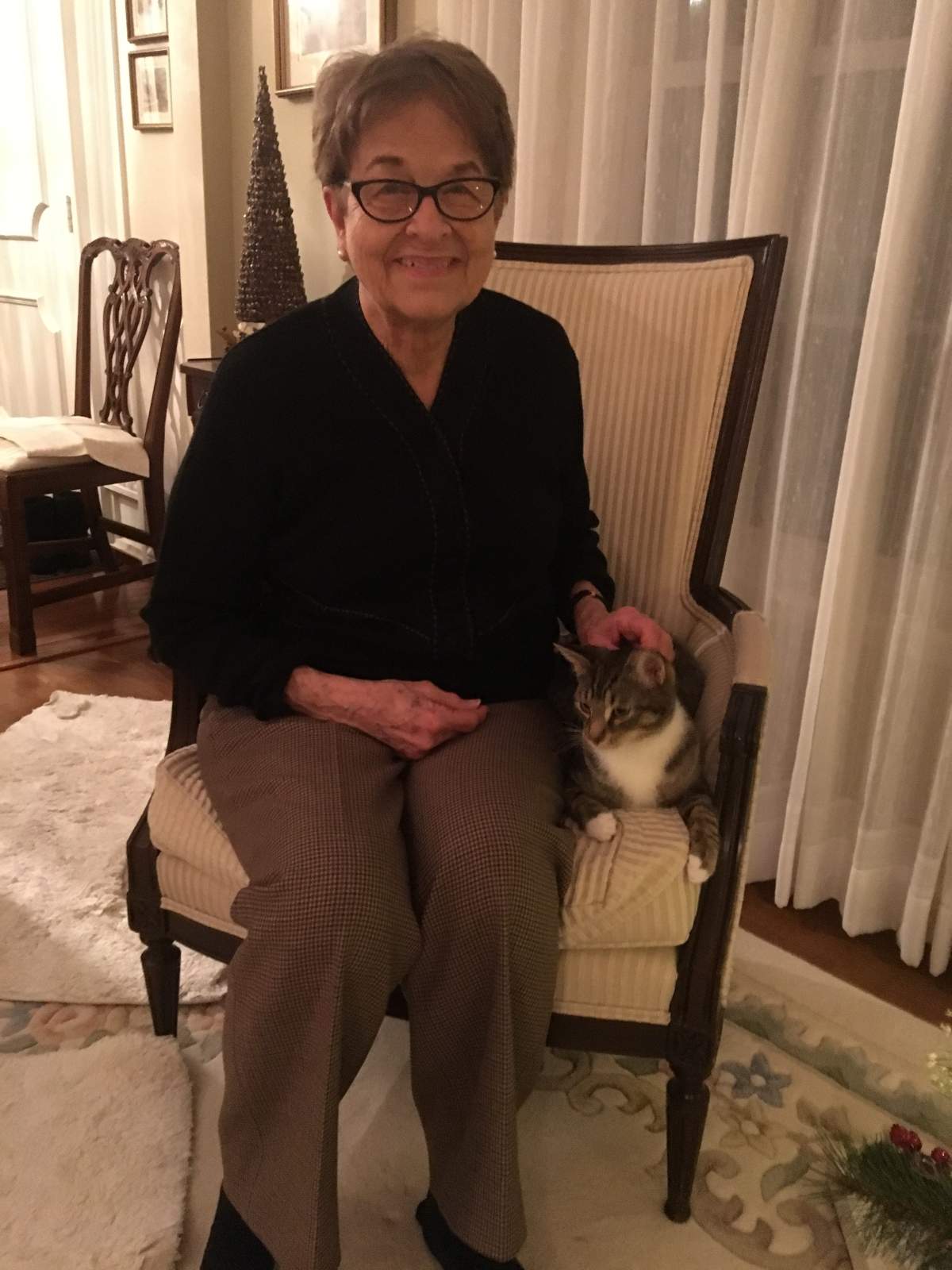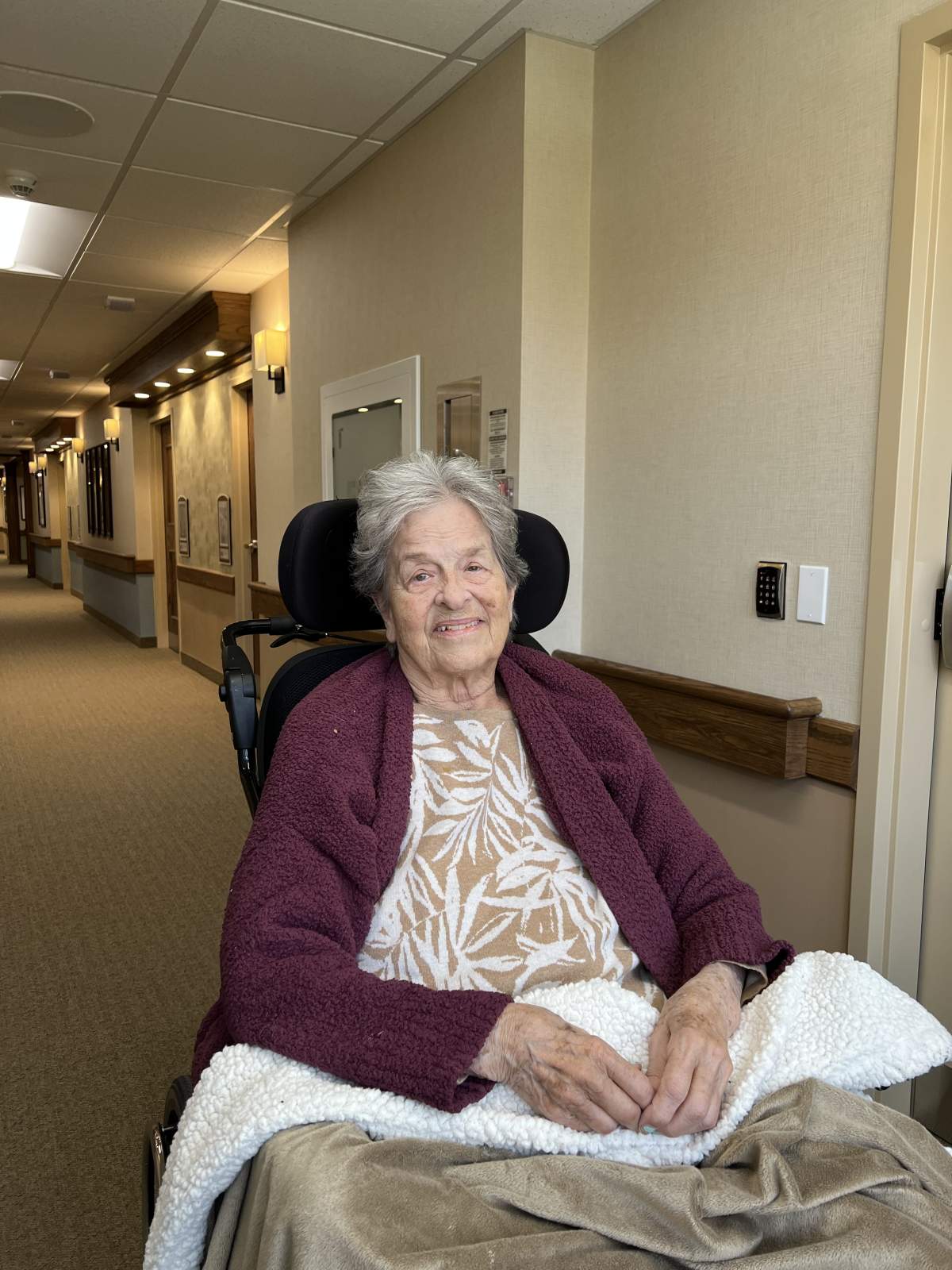It started with the occasional word loss. Sarah Widmeyer’s mother, Elaine, would forget words like “zoo” and instead call it “the place where they keep the animals.”

Then came the paranoia.
“Mom started to become very paranoid,” said Widmeyer, a Toronto-based board member of Women’s Brain Health Initiative (WBHI). “She started to close down her circle of friends because she didn’t trust them. She had about 20 Burt’s Bees lip balms lying around the house and was positive that people were coming in and stealing them on a nightly basis. ”
At the age of 78, Elaine’s family realized they were witnessing the first signs of Alzheimer’s, a disease that, according to the Alzheimer Society of Canada, disproportionately affects more women than men.
In 2020, 61.8 per cent of people living with dementia in Canada were female, and this number is expected to rise, according to the organization. Despite the higher prevalence of the disease in women, experts note dementia research has predominantly focused on men.
“There was always a difficulty in recruiting a female in clinical trials. And so you had a huge misrepresentation with a lot of men and very few women,” explained Viviane Poupon, a neuroscientist and CEO of Brain Canada.

“It is important to have more representation of women because men are different in the mechanisms of biology. They’re different in the way the symptoms arise, but also different in the way you need to treat the same disease with men and women,” she added.

Get weekly health news
Widmeyer believes that because Alzheimer’s research and clinical trials have typically been geared toward men, this may be one of the reasons why it took so long for her mother to get a diagnosis.
Her mother’s family physician did not notice the symptoms, putting the onus on the family to advocate for an Alzheimer’s diagnosis, she said, adding that this proved very challenging.
“It’s heartbreaking to watch someone independent and intelligent start to go through this deterioration of her mental faculties. It was like watching someone tearing mom apart bit by bit every day, every interaction that or my brother would have with her,” she said.
She described the effort to diagnose her mom as “demoralizing” and highlighted the challenges in accessing drugs to slow down the progression of the disease. This is particularly challenging because getting an official diagnosis is a prerequisite before getting treatment.
In November 2022, Elaine passed away from Alzheimer’s disease at the age of 83.
Widmeyer emphasized the “isolating” aspect of the caregiver role, but remains hopeful about the positive impact of advocacy groups, like WBHI in raising awareness of gender parity in research and offering support to women and families.
Better clinical data representation
Gaining insights into the distinctions in dementia risk between men and women could help scientists develop more effective treatments, explained Lynn Posluns, president and CEO of WBHI.
Historically, she said, much research has primarily centred on men, influenced by various factors, including cost considerations. For instance, scientists often opted for male rats to study because the hormonal cycle in the female rat was seen as too expensive to study.
“But today, more scientists are recognizing that women need to be studied at all levels of research in terms of brain aging,” she said, adding that statistics for women in terms of diseases like Alzheimer’s disease are “staggering.”
For example, the lifetime risk of developing Alzheimer’s at age 45 is one in five for women and 1 in 10 for men, according to the Alzheimer’s Association.
“We don’t know why; more research needs to be focused on the fact that women are more susceptible and to find out why for a better outcome for men and women,” Posluns said.
Poupon agreed.

There have been significant advancements in regulations for clinical trials, aiming to ensure the enrolment of both women and men, but more needs to be done, she said.
“We’re not funding enough of women’s brain health-relevant research projects.”
Poupon emphasized the importance of comprehending how dementia affects women differently than men, such as how brain function evolves during the aging process, which could potentially explain the different outcomes observed between sexes.
However, there are dedicated research projects solely focused on unraveling this mystery.
For example, she said Brain Canada has partnered with WBHI and invested two million dollars into research projects that are solely there to understand women’s brain health.
“And so that can be about how to have more enrolment of women into clinical trials, also looking at this data from women and how they differ from men so that it’s taken into consideration,” she said.











Comments